1. Independence and Birth of Democracy (1960)
Nigeria gained independence from British colonial rule on October 1, 1960, and adopted a parliamentary democracy modeled after the British system.
2. First Republic (1963–1966)
Nigeria became a republic in 1963, ending formal ties to the British monarchy. However, this First Republic was short-lived, ending in 1966 with a military coup.
3. Military Interruptions
Nigeria’s democratic journey has been frequently interrupted by military coups. Between 1966 and 1999, the military ruled Nigeria for nearly 30 years in total.
4. Second and Third Republics
The Second Republic (1979–1983) adopted a presidential system of government similar to the U.S., but was overthrown in another coup. The Third Republic was aborted in 1993 after the annulment of the June 12 presidential election.
5. June 12, 1993 – A Symbol of Democratic Struggle
The June 12, 1993 election, presumed to be won by MKO Abiola, is considered the freest and fairest in Nigerian history. Its annulment led to years of political unrest and is now remembered annually as Democracy Day.
6. Return to Civil Rule (1999)
Nigeria transitioned to democratic governance on May 29, 1999, with Olusegun Obasanjo elected as the first president of the Fourth Republic.
7. Nigeria’s Democracy Day Was Changed
Originally observed on May 29, Democracy Day was officially moved to June 12 in 2018 by President Muhammadu Buhari to honor MKO Abiola and the spirit of the 1993 election.
8. Multiparty System
Nigeria practices a multiparty democracy, though power has largely alternated between two dominant parties: the People’s Democratic Party (PDP) and the All Progressives Congress (APC).
9. Constitutional Framework
The 1999 Constitution of the Federal Republic of Nigeria is the legal backbone of the Fourth Republic and remains in use, although critics argue it needs reform to reflect a more inclusive, people-driven democracy.
10. Role of INEC
The Independent National Electoral Commission (INEC) oversees elections in Nigeria. Its effectiveness has been debated due to logistical challenges, electoral violence, and allegations of rigging.
11. Youth Involvement and “Not Too Young To Run”
The “Not Too Young To Run” bill, signed in 2018, reduced the age limits for running for office, encouraging more youth participation in politics.
12. Civil Society and Media Freedom
Nigeria has a vibrant civil society and active media landscape, though press freedom is increasingly under threat from arrests, censorship, and digital clampdowns.
13. Democratic Challenges
Key issues affecting Nigerian democracy include electoral violence, vote-buying, judicial interference, political thuggery, ethno-religious politics, and corruption.
14. Role of the Judiciary
The judiciary plays a crucial role in post-election adjudication, although its independence is often questioned. Many election outcomes are decided in court.
15. A Democracy Still in Progress
While Nigeria has maintained over two decades of uninterrupted democracy since 1999, it is still evolving. Citizens continue to demand transparency, accountability, justice, and inclusive governance.



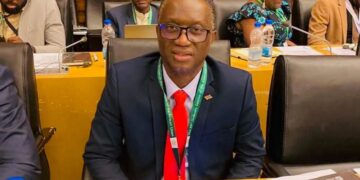


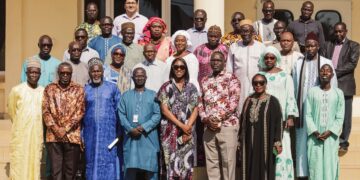























































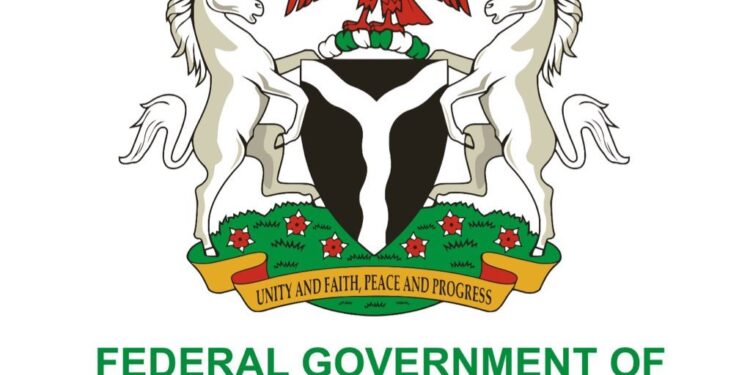




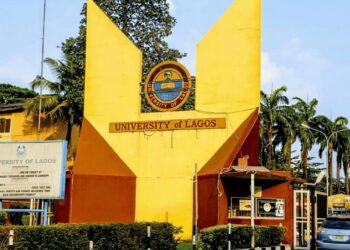

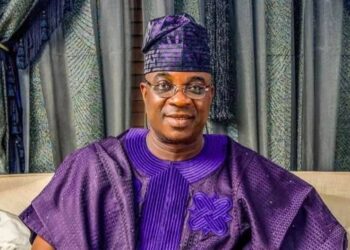
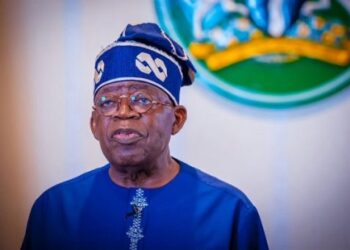











 EduTimes Africa, a product of Education Times Africa, is a magazine publication that aims to lend its support to close the yawning gap in Africa's educational development.
EduTimes Africa, a product of Education Times Africa, is a magazine publication that aims to lend its support to close the yawning gap in Africa's educational development.